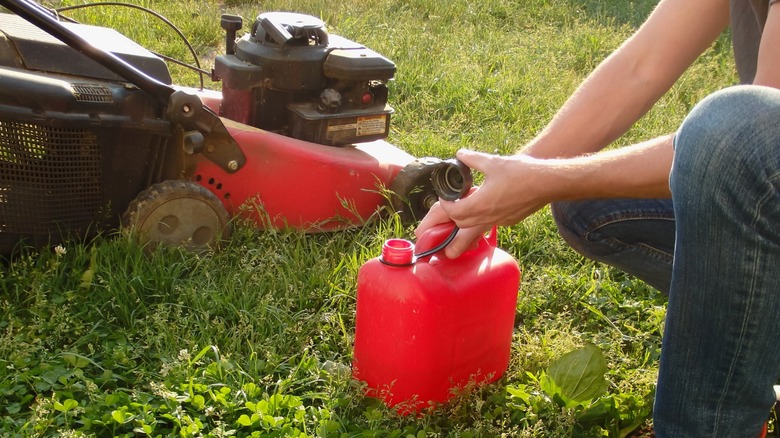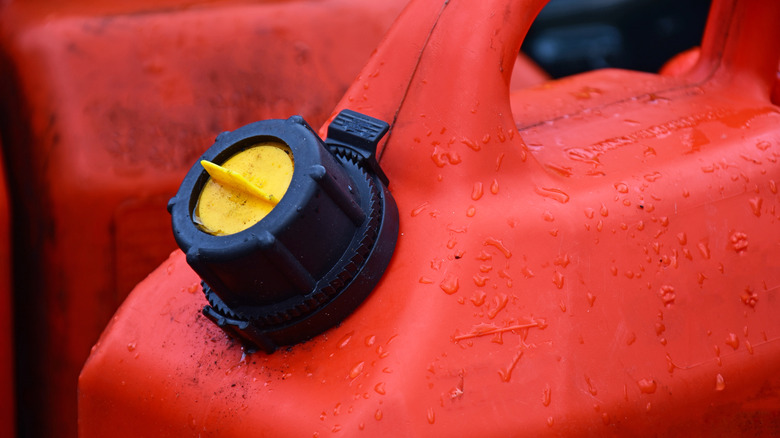Don't Throw Out Old Gas From Your Lawn Mower: What You Need To Know
Whether you are getting your lawn mower ready for a new season, getting rid of an old lawn mower, or cleaning out your garage or shed and find an old gas can, you must always abide by proper gasoline disposal guidelines. Any homeowner should know the common household items that are hazardous waste and how to get rid of them safely, and gasoline certainly falls into that conversation. As such, although the convenience may be tempting, don't throw out old gas in the yard or simply toss it in the garbage can. Doing so could be harmful to the environment, and since gasoline is toxic and flammable, handling it can be immediately dangerous to your health. Luckily, other disposal options are not too difficult whenever the time comes to get rid of old gas sitting in your lawn mower. The proper disposal method involves following your local household hazardous waste program's instructions and taking your gasoline to an acceptable drop-off location, which may include a hazardous waste facility, a recycling center, a fire department, or a mechanic.
Following these steps is critical, because if you try to get rid of your gas by dumping it outside, it will evaporate and release air-polluting substances. It may also seep into the soil and contaminate the groundwater and surface water that you interact with daily. Exposure to gasoline from the contaminated air and water leads to a variety of symptoms, including nausea, headaches, dizziness, and rashes. It can even harm your nervous system, lungs, and other internal organs.
When and how to safely get rid of old gasoline
If you're considering whether to get rid of the gas in your lawn mower, make sure that it is old or unusable. One place to start is by knowing how often you should be changing the gas in your lawn mower. Typically, gas will last about six to 12 months in a can, so if you put your lawn mower away for the winter, the gas inside will likely go bad by the time spring comes around, unless you use a fuel stabilizer. If you wait too long, the gasoline will degrade and become unusable or damaging to your machinery, so it is best to remove and dispose of it. In some cases, you may also be able to recondition and reuse old gasoline if it is uncontaminated or contaminated only by water.
If you are sure it is time to get rid of your old gasoline and you are getting ready to transport it to a drop-off location, there are some must-know safety measures to prevent gasoline explosions at home and on the road to keep in mind. First, make sure that the gasoline is stored in an appropriate safe and closed container that is UL-listed to reduce potential hazards. Do not leave the container of gasoline in the car on a hot day, and do not transport gasoline in the cabin of your car. Ideally, secure the upright container in the bed of a truck or, lacking that, the trunk of your vehicle to keep you safe in the event of an accident.

